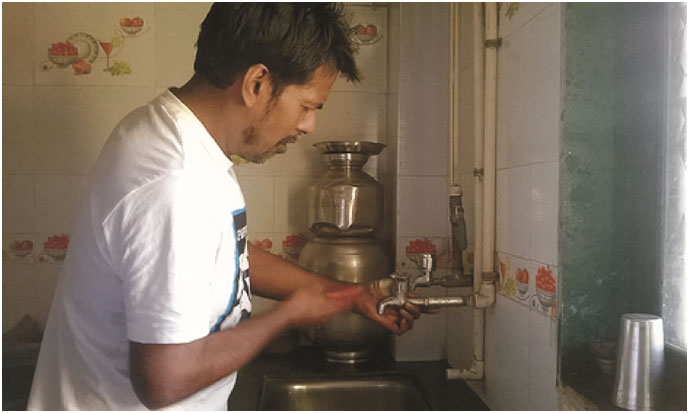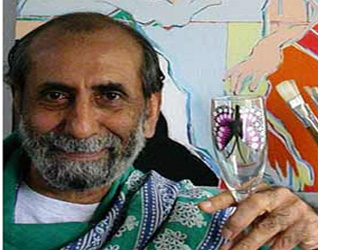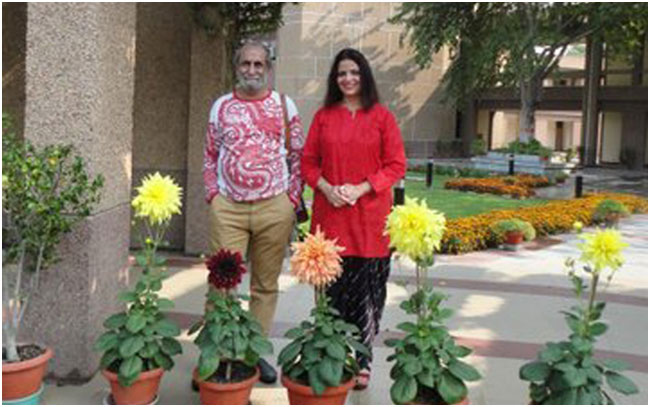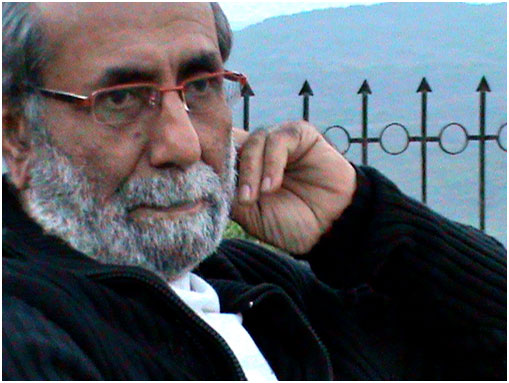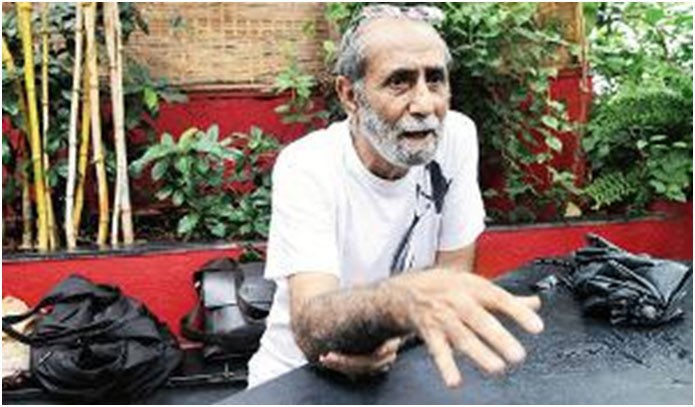The Eco Guide-L’Eco Guide 21st Feb. 2014 Creative Impact – Aabid Surti and the Drop Dead Foundation Rashi Nagpal ‘Little drops make the ocean’ is an old proverbial teaching preached by many. However, it is ironical how many of us actually take heed of the same when it comes to preserving fresh water, the scarcity...
Presentation at Rotary Club of Borivali
Presentation at Rotary Club of Borivali 12th July 13 Dear Aabidji, With reference to our yesterday’s telephone talk, it gives me great pleasure to invite you as Guest Speaker in first special meeting of Rotary Club of Borivli for the Rotary year 2013-14 scheduled between 8 and 10pm on 12th July ’13 at MCF Club, Borivlli...
Lucknow Invitation
Invitation: LUCKNOW 23rd Aug. 2013 The event in LUCKNOW will be organized by Swayam Siddha, a voluntary organization jointly with Department of Environment, Govt of UP & Indian Railways Institute of Transport Management. Shikha my host Writes: This letter is to explore your interest as a speaker on environment and accordingly request you to address our...
Salute to you sir
I met this legendary man Aabid Surti at Comic Con Mumbai. While everyone else passed on a business card/brochure/flyer, this special man gave me two beautiful piece of square prints with water drops printed on them. His message lies so deeply in my heart, and always remind me of the scarcity that suffocated my childhood, and...
Mirror Heroes
Mumbai Mirror | 17th Jun 2013 Mirror Heroes Aabid Surti: Can’t take a leak Aabid Surti remembers his mother squabbling with neighbours at the community tap in their Dongri chawl for a bucket of water every morning Arita Sarkar Water warrior Aabid Surti sets writing and cartooning aside every Sunday to fix Mira Road’s drippy taps. Writer,...

